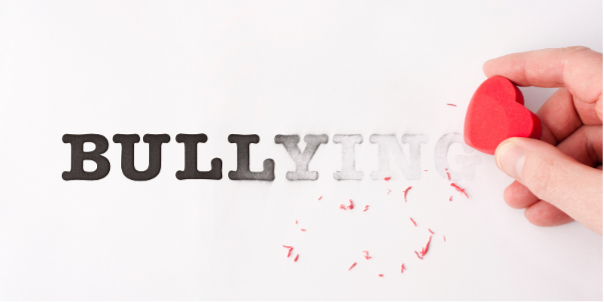No one likes a bully, and if you’re a leader, one of your fears could be that others experience your behaviour as bullying.
What you may not expect if you’re in a senior role is being bullied by a subordinate.
Clients and professional colleagues have recently shared their experiences with openly and passively aggressive behaviour from their direct reports.
Although not my area of specific expertise, I’m sharing what I do know because these leaders experienced not just isolated incidents but a pattern of behaviour that left them feeling confused, hurt, doubting themselves or cautious about calling out an employee’s inappropriate behaviour.
The behaviours they had been subjected to had caused them to assume something was lacking in them as leaders.
Contrary to popular belief, bullying doesn’t respect hierarchies. It’s a pervasive issue that doesn’t spare those at the top of organisational ladders. Upwards bullying is a stark reminder that power and vulnerability aren’t mutually exclusive. This type of bullying is more than an employee reacting negatively to reasonable management action. It’s about a complex power dynamic where people below the leader in an organisation engage in repeated hostile behaviours towards that leader, which leaves them feeling, at best, undermined and disrespected and can escalate to cause significant harm.
Examples of upward bullying include an employee at a lower organisational level:
- Deliberately isolating the leader from important communications.
- Spreading false or malicious rumours about the leader, gaslighting or subjecting them to passive-aggressive behaviours to make the leader and others question their ability and integrity.
- Refusing to follow reasonable instructions, meet deadlines or comply with policies and work instructions, sometimes citing the leader’s action or inaction as the reason for non-compliance.
- Constantly challenging or criticising the leader’s decisions, competence, leadership style or publicly undermining them.
- Intentionally overloading the leader with unnecessary tasks.
The bully’s aim is to erode the leader’s credibility and authority within the organisation and with stakeholders.

In a study conducted by Griffith University’s Dr Sara Branch, 22% of respondents reported experiencing upward bullying, and a majority of those managers who self-identified as having experienced upward bullying felt less supported by their managers and peers who had not had a similar experience.
When it comes to upward bullying, systems designed to support victims, like grievance processes, can be weaponised by perpetrators and undermine natural justice for the true victim of bullying.
Unfortunately, upward bullying can be exacerbated by Boards, the victim’s bosses, or peers who believe the leader should be able to manage the perpetrator. They assume the problem is related to the victim’s lack of leadership skills, ignore the complexities at play, and, if not well-advised, can deny the leader natural justice, compounding the harm already inflicted.
Upward Bullying Expert Maureen Kyne says it may start with one person, but that person can ‘build a mob of colleagues and coerce them into bullying behaviour – sometimes unknowingly. They are like a conductor. The perpetrator tells the mob what to do and when. They orchestrate their behaviour. The more they get away with, the more confident they are.’

Maureen advises that leaders who find themselves on the receiving end of upward bullying should:
- Develop self-awareness about their responses and reactions to different situations to prevent escalation.
- Notice what is influencing the behaviour of other people.
- Use fit-for-purpose tools to clarify the next right steps in an emotionally charged situation.
If your Board, superiors or peers do not recognise the behaviours for what they are and unreasonably expect you to ‘manage’ the situation, you may wish to seek support from an expert like Maureen.
If you suspect a colleague or direct report is subjected to upward bullying, please be curious and supportive. You should:
- Remember that upward bullying occurs because of the system that has enabled it to flourish and avoid blaming the victim.
- Ask questions that enable them to develop self-awareness and then support them in taking actions that address the bullying.
- Support them to reconnect with their strengths and rebuild a more positive sense of self.







